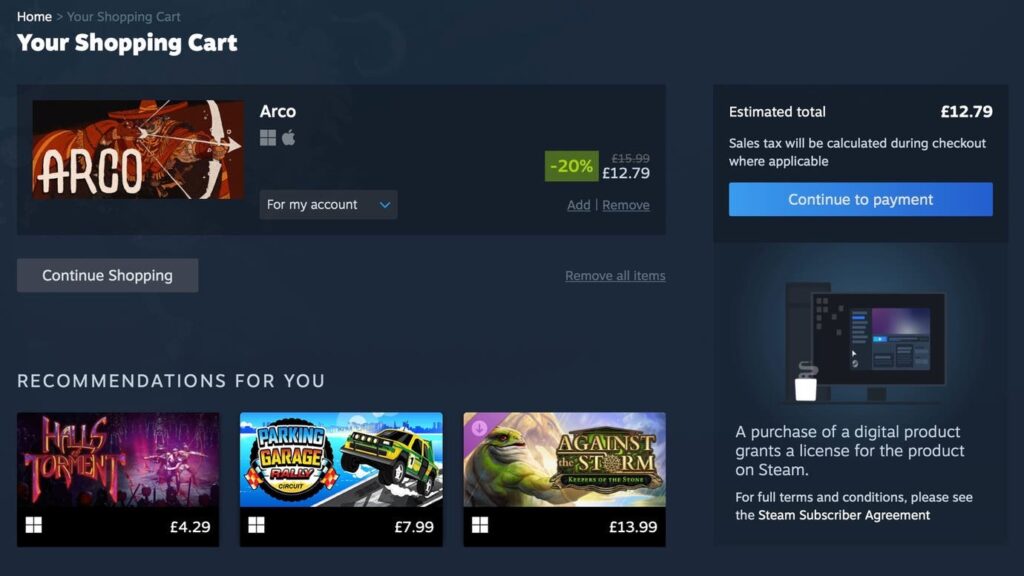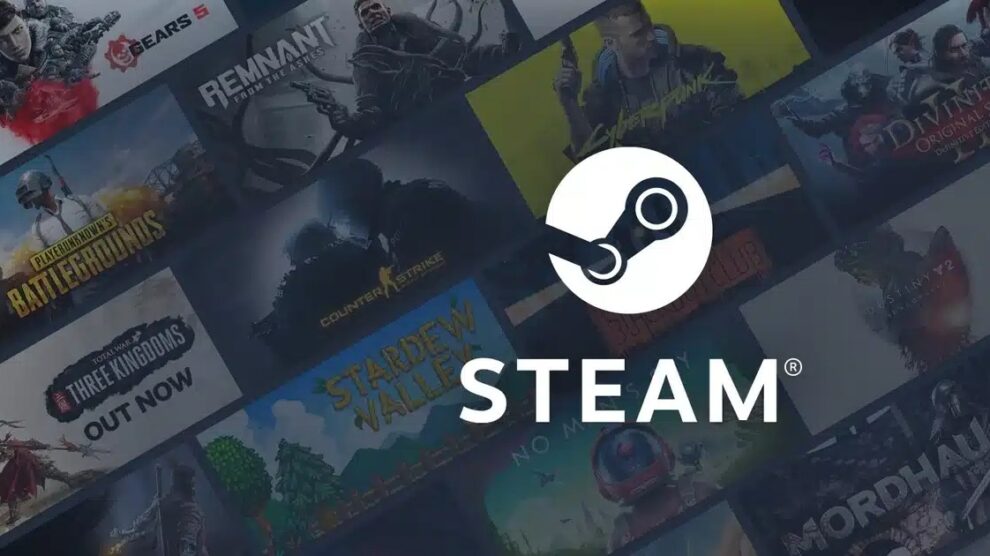
California’s AB 2426: A New Era for Digital Ownership Transparency
Key Points of the Legislation
- Signed into Law: Governor Gavin Newsom signed AB 2426 at the end of September.
- Effective Date: The law will officially come into effect next year.
- Main Objective: To make consumers more aware of the potentially temporary nature of digital ownership.
- Language Restrictions: Prohibits sellers from using terms like “buy” or “purchase” that imply unrestricted ownership.
- Requirement: Mandates a “clear and conspicuous statement” explaining the nature of the transaction.
Exemptions to the Law
The legislation does not apply to:
- Games offered as part of a subscription service
- Games given away for free
- Games that can be downloaded and played permanently offline
Steam’s Proactive Response
Valve, the company behind Steam, has taken a proactive approach by implementing changes before the law officially takes effect:
- New Message: Added a notice in the shopping cart stating, “A purchase of a digital product grants a license for the product on Steam.”
- Additional Information: Included a link to the Steam Subscriber Agreement for more details.
- Global Implementation: The changes are visible internationally, including in the UK, not just in California.
Implications of Steam’s Early Adoption
Steam’s quick response to the legislation could have several implications:
- Sets a precedent for other digital storefronts to follow suit
- Demonstrates a willingness to adapt to changing legal landscapes
- May influence consumer perception and understanding of digital ownership
Industry Reactions and Competitive Responses
GOG’s Cheeky Response
GOG, known for its DRM-free games, took a playful jab at the situation:
- Posted a mockup of their shopping cart with the message: “A purchase of a digital product on GOG grants you its Offline Installers, which cannot be taken away from you.”
- Highlights the difference in their business model compared to platforms like Steam
Potential Industry-Wide Impact
The implementation of AB 2426 and Steam’s response could lead to:
- Other platforms adopting similar notices
- Increased consumer awareness about digital ownership rights
- Possible shifts in how digital content is marketed and sold
The Context: Recent Controversies in Digital Ownership
The legislation and Steam’s response come in the wake of several high-profile incidents that have highlighted the fragile nature of digital ownership:
Ubisoft’s The Crew Controversy
- Ubisoft quietly began revoking players’ licenses to The Crew
- Sparked widespread debate about consumer rights in digital gaming
PlayStation’s Concord Shutdown
- Sony announced the shutdown of servers for the PS5 shooter Concord
- Offered refunds but highlighted the impermanence of certain digital purchases
The Stop Killing Games Initiative
In response to these incidents, the Stop Killing Games initiative was established:
- Aims to mount political and legal challenges against games becoming unplayable
- Advocates for better video game preservation practices
The Broader Implications for Digital Ownership
Consumer Awareness and Education
AB 2426 and Steam’s implementation could lead to:
- Increased consumer understanding of what they’re actually purchasing
- Potential changes in purchasing behavior or expectations
- Greater demand for truly ownable digital content
Legal and Ethical Considerations
The legislation raises several important questions:
- What constitutes fair treatment of consumers in the digital space?
- How can the law keep pace with rapidly evolving digital marketplaces?
- What responsibilities do companies have in preserving access to purchased content?
Future of Digital Distribution Models
This development could influence:
- How games are packaged and sold (e.g., more emphasis on offline modes)
- The growth of subscription-based models as an alternative to individual purchases
- Increased interest in platforms offering DRM-free content
Conclusion
Steam’s implementation of a license notice in response to California’s AB 2426 marks a significant moment in the ongoing dialogue about digital ownership. While the legislation itself doesn’t solve the root issues of game preservation and perpetual access, it represents a step towards greater transparency in digital transactions.
As consumers become more aware of the limitations of digital licenses, we may see shifts in purchasing behavior, platform preferences, and even game development practices. The industry will need to navigate these changes carefully, balancing business interests with consumer rights and the preservation of gaming history.
Ultimately, this development may be just the beginning of a broader reassessment of what it means to “own” digital content in the 21st century. As technology continues to evolve and consumer expectations shift, the conversation around digital ownership is likely to remain at the forefront of both legal and ethical discussions in the gaming industry and beyond.










Add Comment